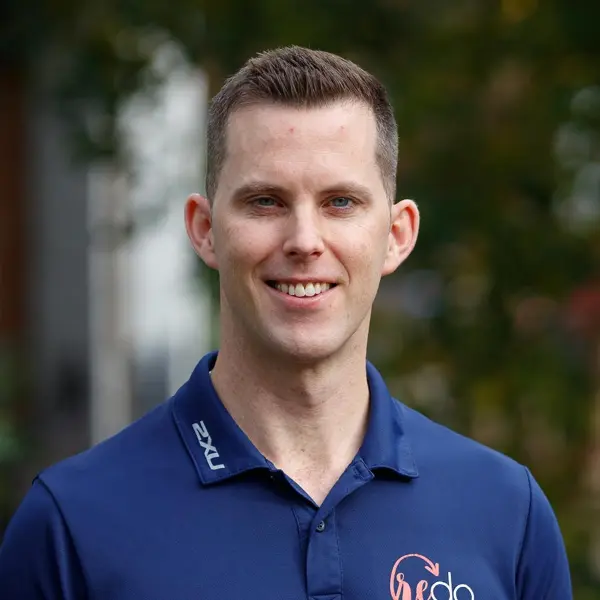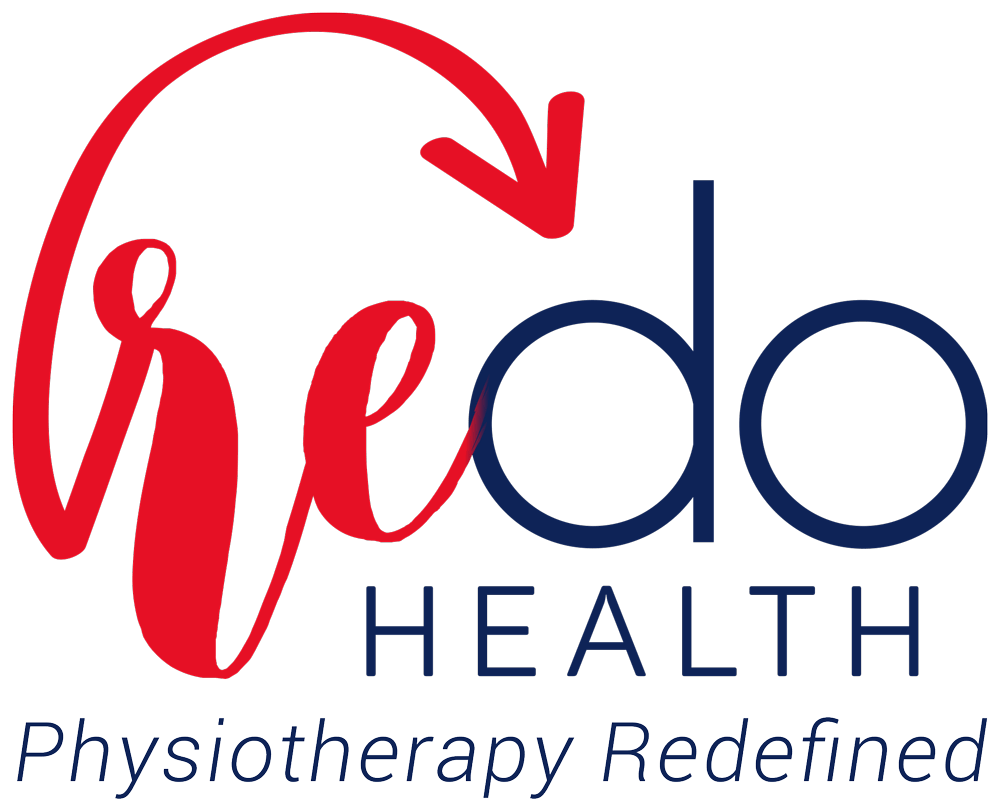There can be many physical reasons one cannot get good quality sleep – physical pain, recovering from an injury or surgery, poor breathing habits, compromised airway, poor sleep hygiene, medical conditions, sleep apnea, snoring, medications, etc.
There are often a variety of lifestyle factors that also impact sleep health.
As Physiotherapists’ we assess the postural and physical reasons people struggle with sleep and work alongside other health practitioners to address the true underlying causes of poor sleep.
Our Physiotherapists use ConnectTherapy™ and techniques from the Thoracic Ring Approach™ to optimise postural and breathing habits necessary for good quality and restful sleep.
You will receive thorough assessment and expert treatment options for your individual needs:
We have a special interest and experience working with clients presenting with.
We have a special interest and experience working with clients presenting with:
- Physical pain
- Neck and back pain
- Thoracic/ribcage pain
- Improving breathing during sleep
- Reducing snoring
- Assisting in the management of sleep apnea
- Improving sleep quality and duration
- Pillow fitting with Dentons™ Pillows
Sleep Health Physiotherapy Assessment
A Sleep Health Physiotherapy assessment will begin like any other Physiotherapy assessment at RedoHealth.
Brendan, our Sleep Health Physiotherapist will take a thorough history with a specific focus on your sleep habits, sleep hygiene and the specific issues you are having with your sleep.
In addition he will explore any specific musculoskeletal problems you are experiencing and their relationship to your sleep. This will involve a functional movement assessment and a detailed assessment of your breathing function.
Based on your assessment we will make a plan, which will likely involve some breathing exercises, hands-on therapy and other stretching and strengthening exercises.
Pain Management
Whenever one presents to a Physiotherapist, pain is often given. Given that the individual has pain that is limiting movement and function, and potentially affecting their ability to get to sleep, sleep through the night or get good quality rest.
Good rest is essential to assist in managing painful conditions and aid in recovery.
If pain is your primary complaint (spine, joint, muscle, nerve-related), then your Physiotherapist will work with once completing a thorough assessment to alleviate your painful condition and move you towards our movement goals.
At RedoHealth, using our ConnectTherapy approach, we have extensive experience working with clients with acute and chronic musculoskeletal pain conditions, specifically pain of the neck, thoracic spine and ribcage, lower back and pelvis.
Injury and Recovery
With any injury, the body’s self-healing mechanisms need support to ensure full recovery.
Adequate rest is essential to this process. It is when we rest that our body heals and repairs itself.
Thus ensuring you get adequate rest and good quality sleep can make all the difference when dealing with an injury, to support your ongoing recovery.
Whole Body Health
Maintaining and improving your physical health is the foundation of overall health. We help our clients achieve optimal health along with a better function for work, play and rest.
Sleep is a state in which homeostatic functions vital to health and wellbeing occur. Current research has confirmed a strong relationship between breathing habits and quality of sleep and highlights an increasing prevalence of sleep disorders and sleep disordered breathing.
Our team is trained in helping people improve function for all aspects of their life. Sleep is an essential part of your daily life. We can help you improve the quality and duration of your sleep.
Whether you are struggling to get to sleep, waking frequently in the night or dealing with chronic snoring or sleep apnea, the team at RedoHealth work daily to help people improve their quality of life by getting good sleep through improving breathing habits. We combine our expertise to improve and achieve long term health potential.
Breathing-Disordered Sleep
- Insomnia
- Snoring
- Sleep apnea
- Disrupted sleep
- Nighttime asthma symptoms
- Needing to use the bathroom during the night
- Bedwetting (children)
- Fatigue first thing in the morning
- Dry mouth
- Symptoms upon waking, such as wheezing, coughing, breathlessness or a stuffy nose
Insomnia
One of the most common sleep disorders affecting 25-30% of the general population, insomnia is defined as difficulty falling or staying asleep, waking early and experiencing interrupted or non-restorative sleep. It is most frequently caused in part by psychological factors such as anxiety, depression and prolonged periods of stress or an overactive mind.
With Sleep health Physiotherapy we work to address the link between the physical and mental by addressing the physical manifestations of stress in the body and its impact of posture, muscle tension and breathing habits.
Sleep Apnea
Snoring can lead to Sleep apnea, where one involuntary stops breathing during sleep. Obstructive Sleep Apnea (OSA) is an increasingly common condition, affecting up to 9% of women and 26% of men between 30 and 49, and up to 27% of women and 43% of women between the ages of 50 and 70.
OSA occurs when the sleeper stops breathing during sleep. They tend to snore very loudly, experience frequent episodes of shallow breathing and pauses in breathing, lasting for 10 seconds or more.
Studies have shown that mouth breathing is a strong indicator of OSA in people with no nasal obstruction. This is where breathing retraining and postural correction can assist those with OSA.
Snoring
Snoring is the result of a large volume of air passing through a narrow space, causing turbulence in the nose, mouth or back of the throat. This can be due to breathing thats is too hard during sleep or a narrow upper airway (the nose, mouth and throat).
Snoring can occur through either the mouth or the nose. With the mouth closed many are less likely to snore. If snoring continues even with the mouth closed and slower, lighter breathing, this may be the result of a compromised nasal airway.
If you often wake with a dry mouth, this is often an indication you are spending more time breathing through your mouth during sleep.
Pillow Fitting
When it comes to pillows, there is no “one-size fits all” pillow and many people often go through many pillows until they find the right one.
At RedoHealth, we stock DentonsⓇ High Profile, Low Profile and Multi-Profile Pillows.
Your pillow should suit your sleep positions and adequately support the natural curves of your spine. Your Physiotherapist can check to ensure your pillow is properly fitted to your body.
Our physiotherapists work with patients to develop customised programs to improve their functional ability and movement.

I have a great love for the outdoors, fresh air and fresh food. I start the morning with exercise, meditation and a run with the dogs. My passion lies in helping people get back to doing the things they love to do.
I focus on the Why more than the What – Why did this injury occur?
- Send a message
BOOK IN TODAY:
Meet Brendan McGovern, who uses his Physiotherapy approach to improve Sleep Health
Brendan focuses on the Why more than the What – Why did this injury occur?
With a Certificate in Acupuncture beside his Bachelor of Science in Human Kinetics, Brendan uses acupuncture as part of a complementary approach to improving his clients health.
Acupuncture is used in conjunction with Thoracic Ring Approach™ and ConnectTherapy™. These practices now dictate Brendan’s approach to physiotherapy and the services he provides. He calls it looking for ‘the wow’, when you fix the why, your patient lets out a ‘wow’.
Brendan’s Clinic Days: Monday, Tuesday, Thursday, Friday and Saturday.

